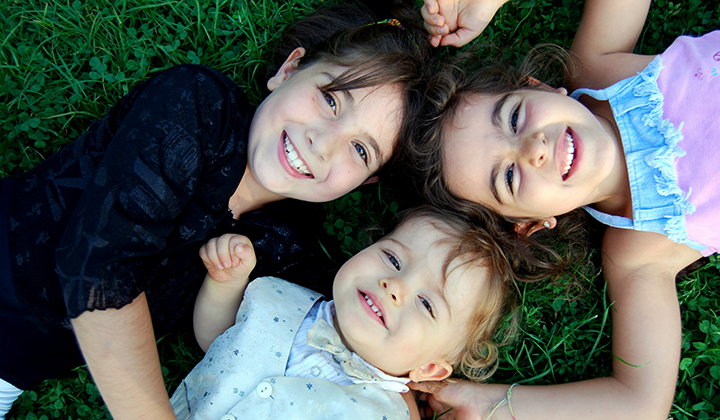How play-based learning can lead to more successful children
Latest Posts • September 11, 2019

Self-regulation is the ability to regulate one’s behaviour, thoughts and emotions, and, since it can be a better indication of academic success than IQ, self-regulation is a hot topic in the world of education today.
We all work really hard to see our children succeed, both academically and in life in general, but are often left to wonder what exactly makes our children happier, more self-reliant, and successful students for life.
IQ, or intelligence quotient, is a common measure meant to reflect the ability and potential of students; however, this method of indication is extremely limited. Variables such as motivation, delay of gratification, willingness to work hard, long-term planning, creativity, and emotional maturity – all closely connected with self-regulation – are also strongly linked to success in life.
Research shows that play-based learning and motivation are core factors in the development and sustainability of self-regulation. It is through play that children at a very early age engage and interact in the world around them. When play is allowed to be child driven, children practice decision-making skills, move at their own pace, discover their own areas of interest, and ultimately turn into self-motivated learners.
On the other hand, if students do not see value in learning tasks and merely act out of compliance based on reward or punishment, then they are less likely to spend time setting goals and planning strategies to accomplish those tasks.
In regards to current, contemporary approaches to child education, early learning expert Marilyn Chapman (professor at UBC) states, “there is a long history of understanding that children learn through play, but one of the things that has tended to happen… is this push to do things sooner, harder, to shove academics down to younger and younger children.”
Chapman’s research demonstrates that a common result of children being pushed to read at an earlier age is that they become disinterested in reading by the age of eight. Chapman astutely points out that at the end of the day, what’s the point of teaching children to read earlier if they will only do so when they are forced to.
The same holds true for music education.
Prof. Joan Freeman, who wrote “Gifted Lives: What Happens When Gifted Children Grow Up,” points out that not every child who is labeled an infant Mozart will necessarily become one. For her book she studied the adult careers of 210 child prodigies and discovered that, out of the 210, only six lived up to their projected potential.
Just like Chapman, we ask ourselves, what’s the point of teaching children to play an instrument if they will only do so when they are forced to?
Instead, we allow our students to play the music of their choice and learn at their own pace, in a way most suited to their personality and learning style. We bring “play” back into music lessons, and by making them truly fun and engaging, we as teachers foster a love of learning in the child that will allow him/her to thrive not only in music but throughout life.




Leave A Comment